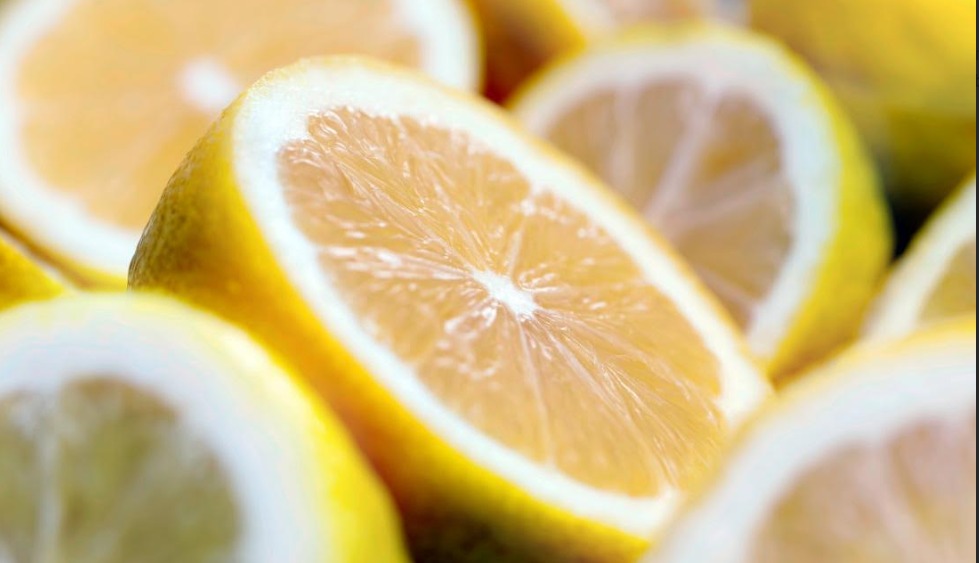Surprise! This Small Citrus Fruit Outranks Apples and Bananas as the Healthiest, Say Scientists

Surprise! This Small Citrus Fruit Outranks Apples and Bananas as the Healthiest, Say Scientists
For years, apples and bananas have held the unofficial title of the healthiest fruits on the block. Easy to grab, full of fiber and essential nutrients, they’ve become staples in diets around the world. But recent findings are shaking up this long-standing belief. Scientists have now crowned a different fruit as the ultimate nutritional powerhouse—and it’s not one that often takes center stage.
Lemons might not be the first thing you reach for when you’re hungry, but they pack a serious punch. A study from William Paterson University ranked them as the most nutrient-dense fruit out of 41 varieties. They’re small, sour, and surprisingly powerful when it comes to health benefits.
Why Lemons Deserve a Closer Look
The study focused on nutrient quality rather than taste or popularity, and it found that lemons scored highest in essential vitamins, antioxidants, and dietary fiber. What makes lemons stand out is their rich concentration of flavonoids—plant compounds known to help reduce inflammation and boost overall health. A simple squeeze of lemon juice can go a long way toward supporting your immune system and promoting better digestion.
Lemons are also known to contribute to heart health. Their vitamin C content and antioxidant properties help reduce oxidative stress and inflammation—two factors strongly linked to cardiovascular issues. Interestingly, though lemons are acidic in nature, once metabolized by the body, they have an alkalizing effect, helping maintain a healthier internal pH balance. This can support gut health and improve digestion over time.
Not Just the Juice – The Peel Matters Too
Often overlooked and tossed in the trash, lemon peels are packed with nutrients many people miss out on. Thick and aromatic, the peel is rich in limonene, a powerful antioxidant with potential anti-inflammatory and even anti-cancer properties. So while the juice is certainly beneficial, it’s the peel that adds an extra layer of health benefits.
This is also where lemons get a slight edge over their close cousin, the lime. Limes share many of the same qualities—vitamin C, antioxidants, and a refreshing taste—but lemons contain higher levels of flavonoids and have thicker peels that are more concentrated in essential oils like limonene.
How to Add More Lemon to Your Diet
Not a fan of biting into a lemon like you would an apple? That’s perfectly fine—there are plenty of easy and tasty ways to include lemons in your meals and drinks without cringing from the sourness.
Lemon water in the morning: Start your day by adding fresh lemon juice to warm water. It’s a simple, hydrating ritual that supports digestion. Add a dash of honey for a smoother flavor.
As a flavor booster: Squeeze lemon juice over soups, salads, roasted veggies, or rice bowls. The acidity balances out flavors while delivering added nutrients.
Zest it up: Grate lemon zest over pasta, fish, or even desserts for a burst of citrus flavor and a dose of antioxidants. It’s a great way to use the whole fruit without waste.
That said, it’s best to avoid drinking pure lemon juice on an empty stomach. Its acidity can wear down tooth enamel and may irritate sensitive stomachs. Always dilute lemon juice in water, and if you have any digestive concerns, consult with a healthcare professional before making it a daily habit.












